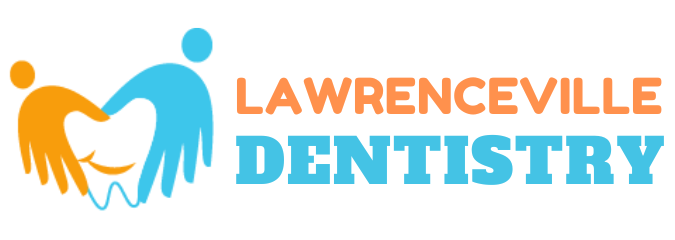
Why Dental Restoration is Essential for Your Oral Health
Maintaining optimal oral health is crucial for the well-being of your teeth and overall comfort. While we wish our teeth would remain strong and intact forever, various factors can affect their health. However, with advancements in dental technology, options like dental implants have emerged as effective tooth replacement solutions. Nevertheless, nothing compares to the natural teeth, which are an integral part of your oral structure consisting of nerves, tissues, and bones. In case of any issues, it is vital to save and restore your natural teeth through appropriate dental restoration procedures.
Exploring Tooth Restoration Options
When determining the need for tooth restoration, your dentist assesses the extent of damage or decay and recommends the most suitable restoration method to restore tooth structure and function. Here are some common types of tooth restoration procedures:
- Bonding: Addressing minor chips, gaps, stains, and misshapen teeth.
- Bridges: Supporting replacement teeth for adequate strength and support.
- Crowns: Restoring extensively decayed, cracked, or structurally compromised teeth.
- Fillings: Repairing small fractures, decay, and surface damages.
- Dentures: Replacing a few missing teeth or a complete set, offering partial or complete denture options.
- Inlays and Onlays: Restoring chewing surfaces when dental fillings or crowns are not suitable.
The Process of Tooth Restoration
Depending on the chosen restoration type, the procedure can be completed in a single dental visit or over multiple visits. Here’s an overview of the restoration process:
- Single-visit restorations: Bonding, fillings, inlays, and onlays.
- Multiple-visit restorations: Bridges, crowns, and dentures.
Benefits of Tooth Restoration
Tooth restoration offers several advantages that contribute to your oral health and overall well-being:
- Improved comfort: Restoring tooth structure enhances function and comfort, eliminating discomfort caused by decay or damage.
- Normal biting force: Strengthened teeth regain their normal biting force, allowing you to enjoy your favorite foods without restrictions.
- Cost-effective: Tooth restorations are more affordable than dealing with bacterial infections and complications associated with compromised dental health.
- Natural-looking: Most tooth restorations closely resemble natural teeth, providing a seamless appearance and concealing any misshapen, damaged, or missing teeth.
Maintaining Optimal Oral Hygiene
After receiving a tooth restoration treatment, it becomes paramount to establish and maintain excellent oral hygiene practices. Here are some essential habits to ensure the longevity of your dental restorations:
- Brush your teeth at least twice a day.
- Floss your teeth at least once a day.
- Visit your dentist at least twice a year for examinations and cleanings.
- Maintain a healthy, balanced diet.
If you have any questions regarding your oral health or tooth restorations, please don’t hesitate to reach out to Lawrenceville Dentistry. We are here to help you achieve a healthy and beautiful smile.
